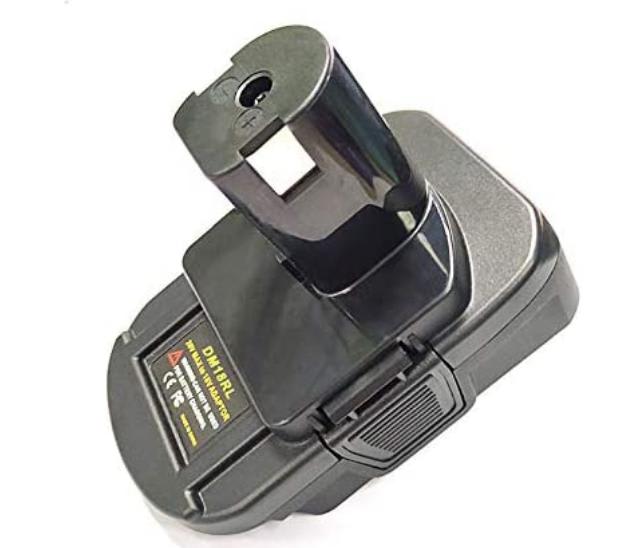I'm looking for a simply way to limit the max charging voltage for an existing charging circuit.
I've heard this can be done with diodes, but am a bit clueless as to how to calculate the rating of the diodes, and/or whether this would be the ideal solution, since I don't want to cause any damage to the original charging circuit.
I have two applications in mind at present:
1. Limit the max charge of a USB-C charger for a laptop, so that it charges to around 80%
[many laptop manufacturers offer this as an option to increase life of lithium batteries, unfortunately mine does not]
2. Limit the max charge of a tool battery charger to 28.8v instead of 30v.
[it's a "24v" NiMh/NiCd charger so really should only charge to 28.8v, but has been designed to "fast charge" - in other words to dramatically reduce the lifespan of batteries, thus requiring regular replacement of batteries that should last 3 times longer - a clever way to guarantee a roaring trade in "consumables"]
Does anyone have any ideas, or able to point me in the direction of some circuit designs?
I've heard this can be done with diodes, but am a bit clueless as to how to calculate the rating of the diodes, and/or whether this would be the ideal solution, since I don't want to cause any damage to the original charging circuit.
I have two applications in mind at present:
1. Limit the max charge of a USB-C charger for a laptop, so that it charges to around 80%
[many laptop manufacturers offer this as an option to increase life of lithium batteries, unfortunately mine does not]
2. Limit the max charge of a tool battery charger to 28.8v instead of 30v.
[it's a "24v" NiMh/NiCd charger so really should only charge to 28.8v, but has been designed to "fast charge" - in other words to dramatically reduce the lifespan of batteries, thus requiring regular replacement of batteries that should last 3 times longer - a clever way to guarantee a roaring trade in "consumables"]
Does anyone have any ideas, or able to point me in the direction of some circuit designs?

